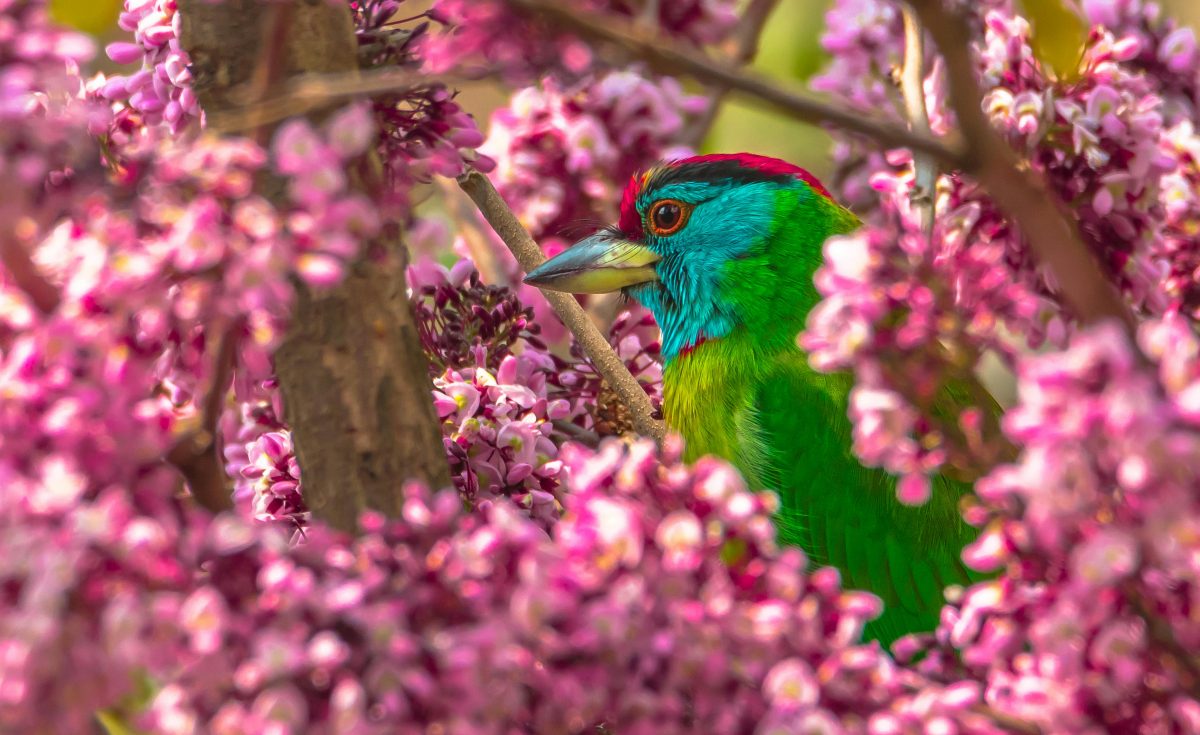
Written by Serafina Mei**
During a recent address, British honorary physician in paediatric disability Dr Hilary Cass suggested that “young people with ‘gender distress’ also often had struggles with mental health, neurodivergence, or family issues” (BBC, 2024).
I am trans femme, Autistic, lesbian, with obsessive compulsive disorder. These contribute to how I define myself and my experiences, convenient short-hands to capture my social identity ingroups (Huddy, 2001). But is my ‘gender dysphoria’ – in Cass’s language – any less ‘real’, genuine, or crucial to who I am, because I am neurodivergent?
Or, to put it another way, is my gender euphoria – the satisfaction I feel living as the gender with which I identify, rather than my sex assigned at birth – any less valuable and authentic because society doesn’t understand how my mental health, neurodivergence and gender experiences intersect?
Cass is not alone in her profound confusion, and gross and willful ignorance, about the nexus of gender and neuro divergence, which undermines the autonomy, authenticity, dignity, humanity, self-agency, and self-determination of neurodivergent + trans* individuals. Such ignorance is born from a transphobic and ableist refusal to listen to neurodivergent + trans* people, who can explain best the intersections of our identity.
There is, undeniably, evidence to suggest an overlap between neurodivergent and gender divergent people (Kallitsounaki & Williams, 2022; Warrier et al., 2020).
Thus, Nick Walker’s ‘neuroqueering’ adopts queer theory and applies it with an intersectional lens to the neuro-experience (Walker, 2021).
‘Neuroqueer’ implies that liberating oneself from “the confines” (p. 171) of neuronormative performance requires the simultaneous and interdependent liberation from the confines of heteronormative performance (and vice versa).
For Walker, the queering of heteronormativity and neuronormativity are “interconnected at some fundamental level” (pp. 171-172).
This account accords with my own journey of neuroqueering: as I have embraced my neurodivergence by leaning into my self-prescribed expectations and by rejecting socially-prescribed (and proscribed) neuro-expectations, a gateway to engaging with myself outside of the binary heteronormativity – and even homonormativity – has opened.
Equally helpful for me has been the idea of autigender, which captures the inextricability of Autistic and gender experiences. Autigender is not a gender itself, but rather a description of the ways in which existing as Autistic can construct particular relationships with identity, including gender identity. Autigender is a lens through which gender is always considered and experienced, inextricably from the Autistic experience (Toft, 2023).
We are forced daily to confront our Autistic identity as defined by a predominantly non-autistic world, and in so doing we are invited to interrogate the social constructedness of identity. We are equally forced to acknowledge the tenuousness of our existence within a society that rigidly excludes us (just think of the narratives created around the disposability of the disabled community during the COVID-19 pandemic). Such introspection has benefits: we are predisposed to think laterally, fluidly, creatively, and non-normatively about all other aspects of identity.
Queering is something that comes ‘naturally’ to Autists. And so, we are invited, in our status as ‘out of boundaries’ to be ‘out of boundaries’ in other normative systems; we are encouraged by our social exclusion to explore those other elements in which we also feel excluded by society. We are liberated by our existence as Other and Outside. Being outside removes the normative limitations (or at least devalues them) that others feel so heavily. We are free to diverge.
In another world, that didn’t automatically assume that the physical presence of a penis rendered me ‘man’, I would not experience ‘dysphoria’, because I could live without gender constraint. In this world, it is my neurodivergence that has offered me the opportunity to explore gender euphoria.
Trans* is an inclusive umbrella term to capture the broad spectrum of gender fluidity within and between individuals (Halberstam, 2017; Steinmetiz, 2018).
**The author has chosen to publish under a pen name. Many of our writers only feel safe disclosing their identity to a select few due to the enduring stigma and prejudice faced by gender and/or neuro divergent individuals. We hope by sharing their stories, together, we can help dismantle this stigma and one day, achieve true acceptance.
BBC. (2024, May 7). Cass Review author calls for ‘holistic’ gender care. BBC. https://www.bbc.com/news/articles/c0de2p7wvd9o
Halberstam, J. (2017). Trans*: A quick and quirky account of gender variability. University of California Press. https://doi.org/10.1525/9780520966109
Huddy, L. (2001). From social to political identity: A critical examination of social identity theory. Political Psychology, 22(1), 127-156. https://doi.org/10.1111/0162-895X.00230
Kallitsounaki, A., & Williams, D. M. (2022). Autism spectrum disorder and gender dysphoria/incongruence. A systematic literature review and meta-analysis. Journal of Autism and Developmental Disorders, 53, 3103-3117. https://doi.org/10.1007/s10803-022-05517-y
Steinmetz, K. (2018, April 3). The Oxford English Dictionary added ‘trans*.’ Here’s what the label means. Time. https://time.com/5211799/what-does-trans-asterisk-star-mean-dictionary/
Toft, A. (2023). Telling disabled and Autistic sexuality storied: Reflecting upon the current research landscape and possible future developments. Sexes, 4(1), 102-117. https://doi.org/10.3390/sexes4010010
Walker, N. (2021). Neuroqueer heresies: Notes on the neurodiversity paradigm, Autistic empowerment, and postnormal possibilities. Autonomous Press.
Warrier, V., Greenberg, D. M., Weir, E., Buckingham, C., Smith, P., Lai, M-C., Allison, C., & Baron-Cohen, S. (2020). Elevated rates of autism, other neurodevelopmental and psychiatric diagnoses, and autistic traits in transgender and gender-diverse individuals. Nature Communications, 11(3959), 1-12. https://doi.org/10.1038/s41467-020-17794-1

The Reframing Autism team would like to acknowledge the Traditional Owners of the lands on which we have the privilege to learn, work, and grow. Whilst we gather on many different parts of this Country, the RA team walk on the land of the Awabakal, Birpai, Whadjak, and Wiradjuri peoples.
We are committed to honouring the rich culture of the Aboriginal and Torres Strait Islander peoples of this Country, and the diversity and learning opportunities with which they provide us. We extend our gratitude and respect to all Aboriginal and Torres Strait Islander peoples, and to all Elders past and present, for their wisdom, their resilience, and for helping this Country to heal.